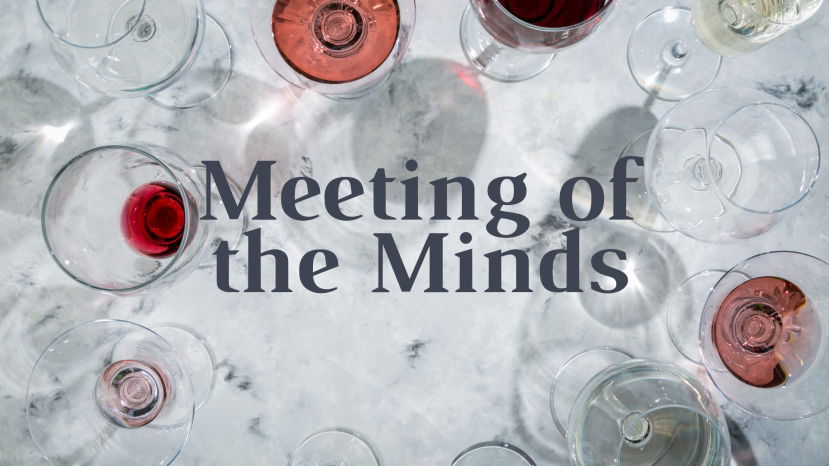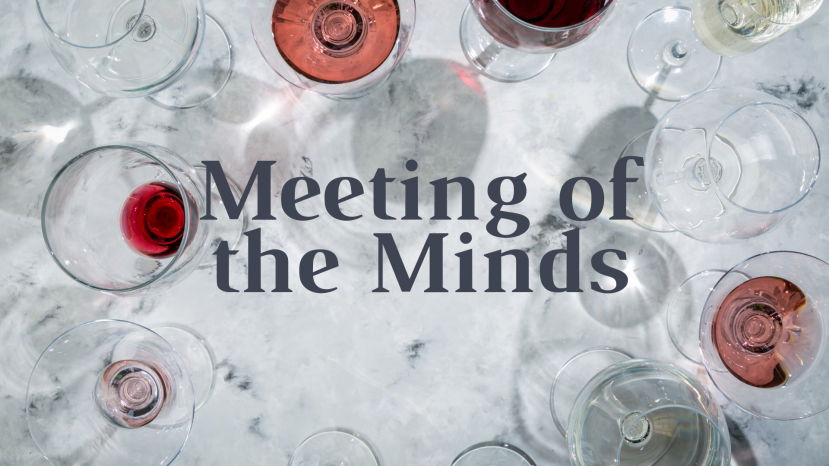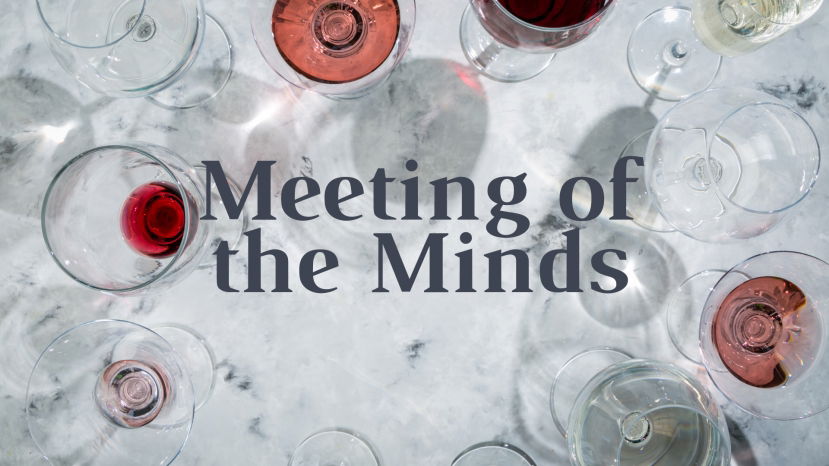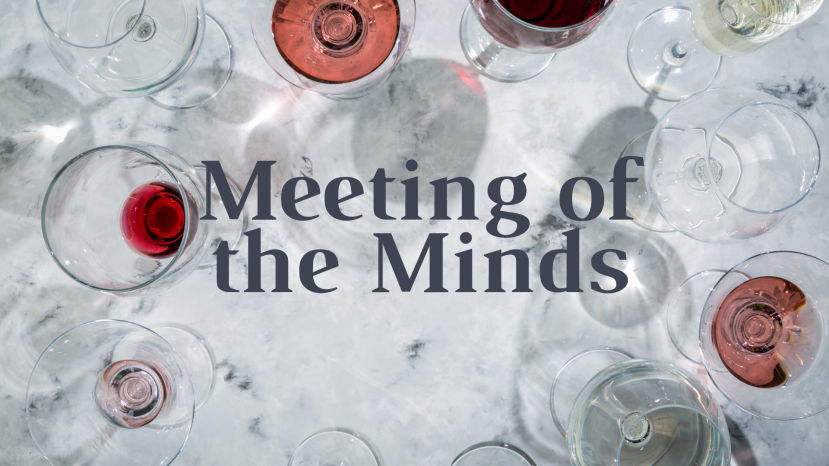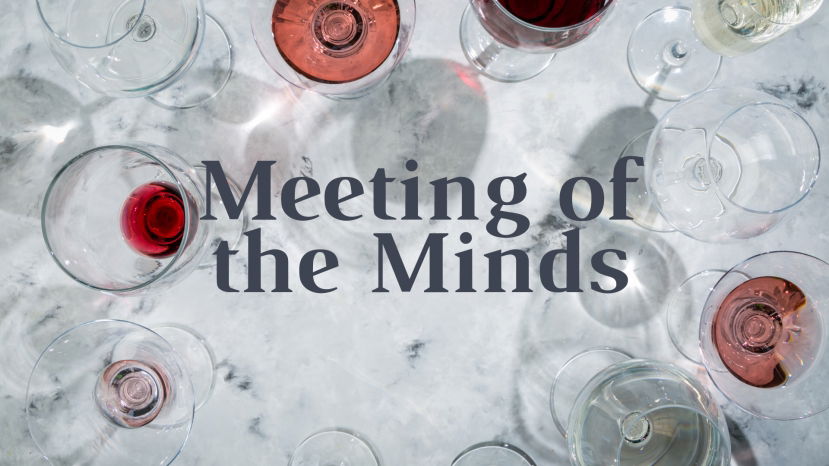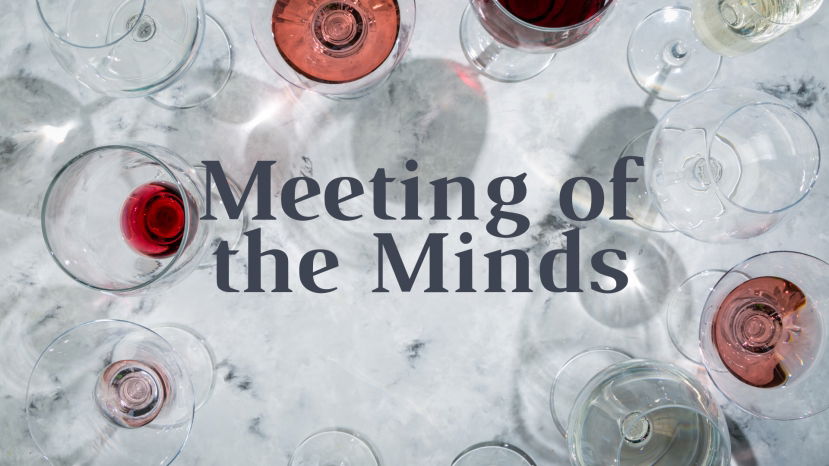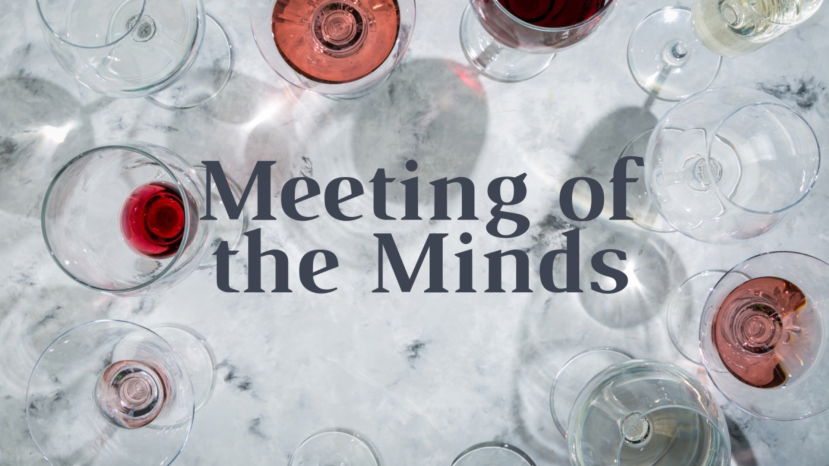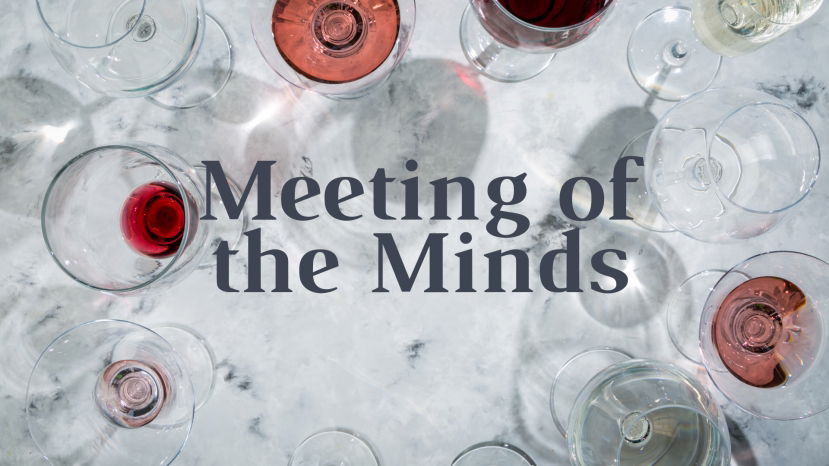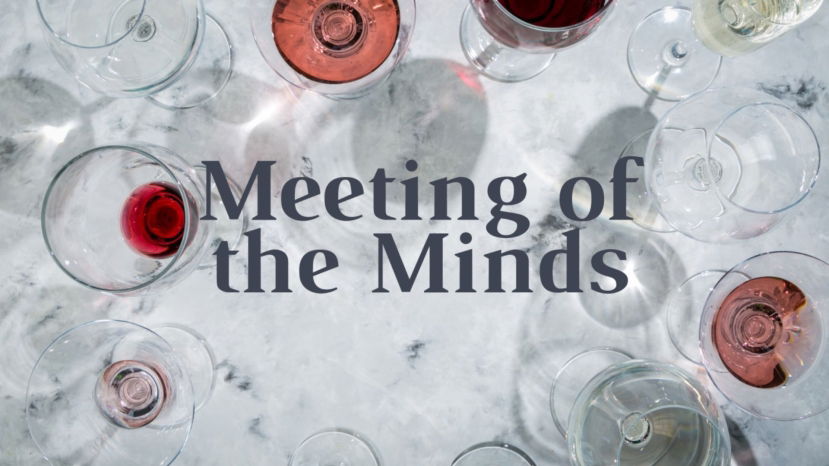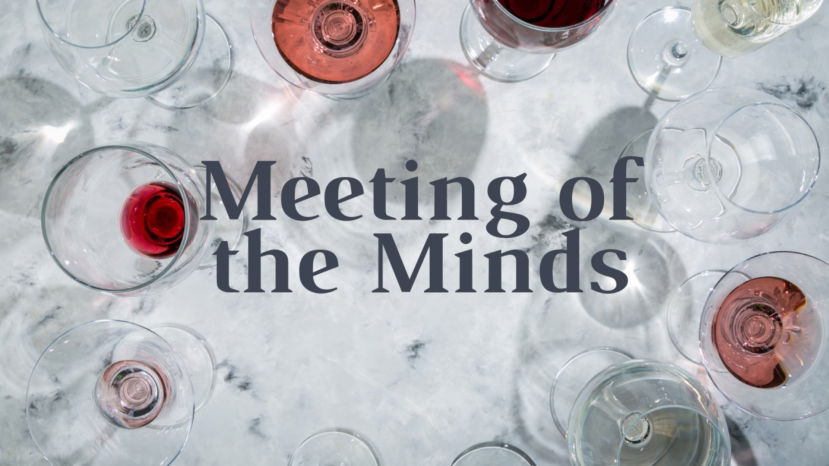BLOG
Meeting of the Minds
Summary: The Covid-19 pandemic has changed the texture of life for us all, and left no field of economic activity unruffled. More than 2.5 million people have lost their lives and 115 million have been infected, with up to one in 10 of those infected suffering long-term consequences. Anosmia (the loss of taste and smell) is a symptom of Covid. International travel has slowed to a trickle; restaurants and bars have closed; festivities and celebrations of all sorts have
Summary: What are the main tasting methods and what are their key characteristics? How do different cultures, languages and sensibilities impact how wine tasting is approached? Can we envision a more overarching and universal tasting method? These are some of the
Summary: The quality potential of a wine is created in the vineyards and Champagne’s knife-edge climate poses many challenges to the vine grower. The recent years have put sustainability to the fore and increasingly many growers are venturing into organic and biodynamic production. Champagne specialist Essi Avellan MW has gathered a panel of great, ambitious new generation growers to virtually
Summary: Can you taste ‘minerality’? What do we mean by ‘terroir’? Where do aroma and flavour come from? Is too much attention paid to the role of the soil in discussions of the aromas and flavours of great wines? How rare are truly great wine-growing sites? These are some of the questions we aim to discuss in the upcoming Meeting of the Minds on November 25th. Wine Scholar Guild
Summary: Our next Meeting of the Minds will cover the issues and challenges facing Bordeaux, France's largest AOC wine region and an area that drives the global fine wine market. Jane Anson, Bordeaux expert and author of the encyclopedic Inside Bordeaux (described as a 'category buster' by Jamie Goode and 'the most complete, up to date and scientifically accurate book on
Summary: Champagne specialist Essi Avellan MW hosts a live discussion on the latest trends in Champagne and the outlook for the region's future. Her prestigious panel will be covering a broad range of trends from vineyards to wineries as well as business. She will be joined by cellar master Cyril Brun of the prestigious house Charles Heidsieck, Vallée de la Marne Meunier specialist
Summary: No topic matters more for the future of wine than climate change. Will the world’s great wine terroirs be lost? Can we save them, and mitigate the effects of climate change? By intervention, irrigation and regenerative farming? Is it time for all wine regions to explore alternative varieties? Will wine growing in general move up-latitude or up-altitude? Is the era of glass bottles ending? Listen to and engage with our panel as they tackle these and other
Summary: Every drop of wine we ever drink is the product of observation, intervention and craftsmanship. Without intervention, every wine would be oxidising and turning to vinegar; without craftsmanship, every wine would be rough and unpalatable. Advances in craftsmanship have brought us the extraordinary beauty and diversity we are all familiar with and that we celebrate in today’s wine world. What have been the key winemaking advances of the last two decades, and what
Summary: The famous classifications of Bordeaux (discussed in our Meeting of the Minds webinar on June 22nd) are based on properties – privately owned land entities whose boundaries are subject to change. Of more significance to French wine as a whole, though, are the land classifications based on the notion of the cru or ‘growth’: an entity which rarely coincides, Bordeaux excepted, with private property boundaries and which thus might be considered a
Summary: No one who has visited the classical vineyards of the Mosel, the Douro or Cote Rotie will ever forget the often dizzying experience of their steep slopes and tiny terraces – but these astonishing sites are also workplaces, too. What are these vineyards like to work? How profitable are they? Is the younger generation ‘heroic enough’ to follow their forbears up the steep paths? Should there be a ‘heroic

